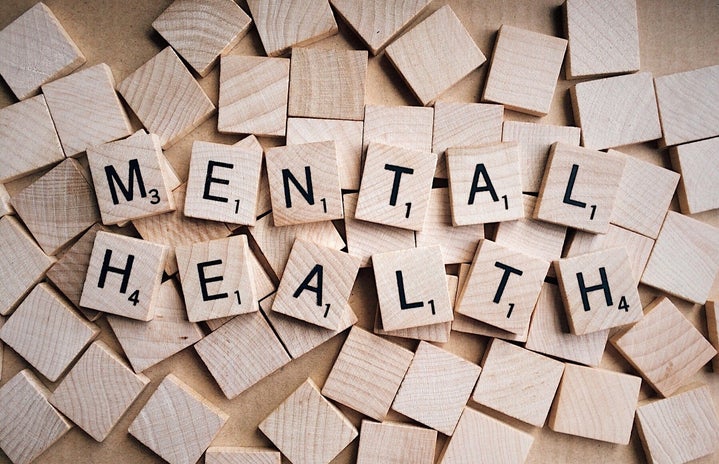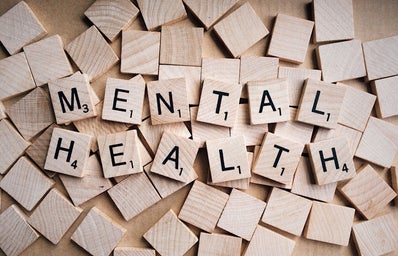Social media once again exploded in the wake of a new two-hour long CBS exclusive interview with the Duke and Duchess of Sussex. American-born former actress Meghan Markle, wife of Prince Harry, gave an interview with Oprah Winfrey where she disclosed shocking details about elitism, underlying racism, mental health, the press, and neglect within the Royal Family. Meghan, who has been the butt of bad British tabloid press ever since her marriage to Prince Harry in 2018 (and has subsequently now stood down as a senior royal), finally spoke out about the emotional ‘bullying’ and silencing she experienced by the British media and within the Royal Family circle, (or ‘The Firm’, as it’s known), in an eloquent conversation with the American talk-show host. In an emotional reciting during her deeply personal interview, Meghan professed she found life within the British Royal Family so difficult that at times she “didn’t want to be alive anymore”, and further revealed to Oprah that she did not receive any help when she asked for it. To make matters even more disturbing, Meghan divulged that conversations were had with Harry and another unnamed royal over concerns of “how dark” the skin colour of their first child Archie would be.
Naturally, this interview divided public opinion on the Royals once more, with explosive and nasty comments from people all over talk-shows and the internet … (the name Piers Morgan bitterly comes to mind). Unfortunately, many people believe themselves to be entitled to an opinion over ill-informed gossip regarding what happens behind closed doors in Buckingham Palace, as if they know the Royal Family on a personal basis. I’ve seen many social media posts declaring Meghan as either a self-serving, nomad, social-climber who has Prince Harry wrapped around her finger, or as a kind-hearted victim who left an ancient, outdated institution in order for a better life for herself and her young family.
Fortunately, it is not my job to form or express opinions around the legitimacy of the claims of either side of the argument. But what is important, is to learn from these series of conversations, and remind ourselves that feelings of loneliness, isolation, helplessness and a deterioration of mental health can affect all of us, no matter what social, financial, cultural or ethnic background we come from. If politics within the Royal Family has taught us anything in the last 40 years, it’s that anyone can be in pain and suffering, even when frequently turning up to fancy events wearing a beautiful dress and a beaming smile. That’s the crucial thing – mental illnesses are a silent killer. One does not have to constantly look, or sound, depressed to be in inner agony. Meghan told Oprah she had the devastating conversation about her suicidal thoughts to Harry before appearing for an event at the Royal Albert Hall, where she was photographed seemingly happy and smiling with the Prince. As every in-tune human knows, the biggest smiles often hide the most pain.

What’s even more upsetting is that history seems to have repeated itself. Mental health issues within those of the Royal Family are not new occurrences. Take Prince Harry’s mother, Diana, as another royal example. To the public, she was an utter icon of fashion, beauty, and selfless kindness, the “people’s princess”, but behind the scenes she was suffering from bulimia, self-injurious behaviour and lingering feelings of utter worthlessness. Mirroring the recent interview with Meghan and Harry, Diana’s 1992 interview titled Diana: Her True Story, Diana publicly disclosed details about her mental and marital struggles, and her honesty helped chip away stigma surrounding mental health at a time when eating and mental disorders were still widely misunderstood. Her courage and public openness about her issues helped others to get help and change their lives.
So, my question is, why is the narrative still so damaging around mental health when victims come forward? And especially surrounding celebrity women? Before the interview was even aired in the U.K., Piers Morgan had already plunged his claws deep into the character of Meghan, declaring he “did not believe a word she says” and “sickened” by the whole interview. The devastating reality, however, is that in England alone, 1 in 4 people will experience a mental health problem at some point in their lives. 1 in 5 people have suicidal thoughts in their lifetime, but the sad fact is that only 1 in 8 adults with a mental health problem are currently getting any kind of treatment. Mental health is a real problem that affects, or will affect, the majority of us at some point in our lives. Many of us already have our own tale of woe about traumas and issues surrounding our daily lives. Questioning the legitimacy of someone coming forward with their inner struggles is never something to be attested. Period.

Everyone is entitled to have their own opinions on the Royal Family, but what is not okay is calling someone a liar when they claim to have, or had, suicidal thoughts and feelings of depression and loneliness. Royal or not royal. Whether you’re #TeamMeghan or not – that’s not the point. In the words of the recent Instagram post by author Matt Haig, “it’s about the message sent from some of the mainstream media today that claims mental illness and suicide are automatically suspicious. That voicing them should be met with doubt. It’s an attitude that will – and does – kill people.” Instead of berating, let’s change the rhetoric surrounding mental health and be kind to those who are calling out for help, or discussing some of the struggles they previously faced. March specifically is a month where we should be uplifting women through events such as Women’s History Month and International Women’s Day, so let’s not turn to social media to criticise those we dislike. Instead, let’s show respect and appreciation to anyone disclosing trials and struggles they experience. It’s the 21st century, surely we encourage and engage in these discussions! Let’s change the narrative around women and their ability to come forward with their mental struggles. Let’s open up conversations about mental health with one another this month, and let’s lift each other up and spread positivity and compassion to those of us who may be struggling.



